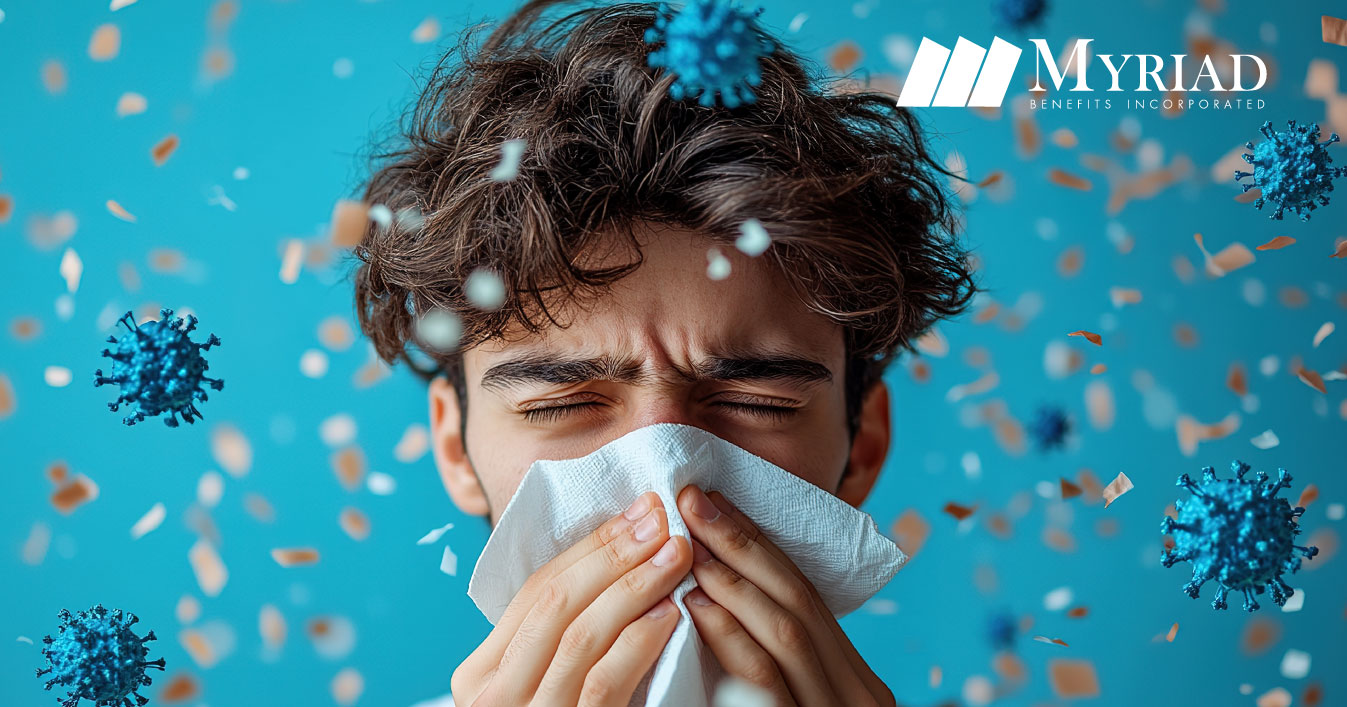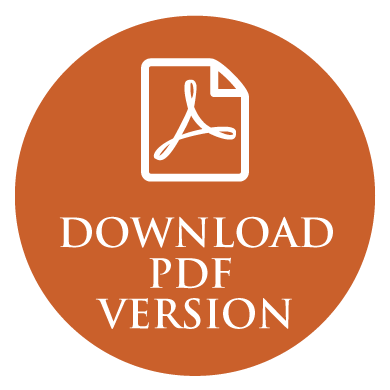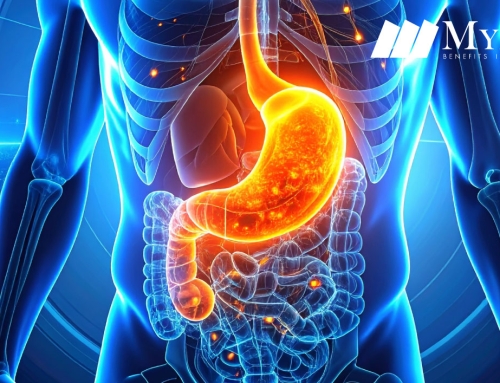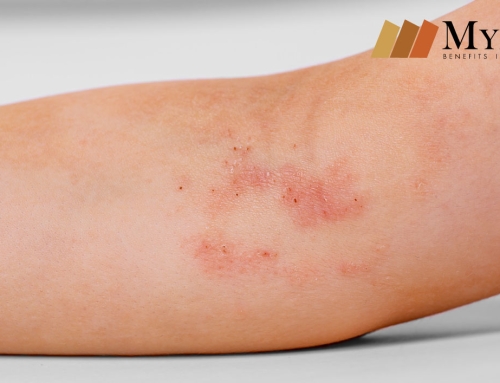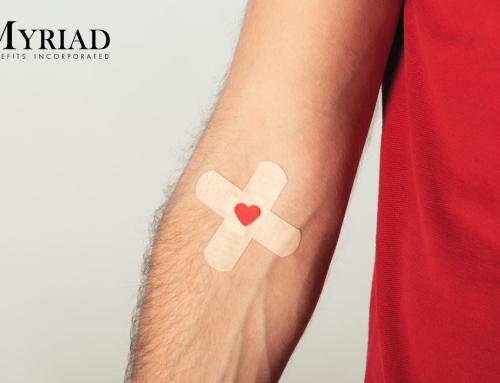July not only marks the start of summer, but it is also a month when seasonal allergies soar. In Puerto Rico, we are currently affected by the Sahara Dust, which is at its highest peak. In addition, as the temperature rises, the presence of pollen, mold and other elements that can trigger allergies increases. Cases of allergies have increased in recent years: it is estimated that about 30% of the world’s population suffer from some type of allergy. Factors such as contamination, changes in diet and increased use of chemicals may be contributing to the increase in cases.
Allergic reactions can range from mild symptoms to severe and life-threatening reactions.
Respiratory allergies usually manifest themselves through the following symptoms:
- Frequent sneezing
- Nasal congestion and runny nose
- Persistent cough (especially at night or wake-up)
- Itching in the nose, throat or palate
- Red, watery and itchy eyes
- Difficulty breathing or asthma
Symptoms of food allergies, insect bites or medicines:
- Abdominal pain
- Nausea, vomiting and diarrhea
- Red blisters on the skin
- Intense itching
- Swelling of the lips, tongue, throat or other areas
- Fever
- Difficulty swallowing or breathing (in severe cases)
- Anaphylactic reaction: A serious, life-threatening allergic reaction that can affect several systems of the body.
What to do if you have allergies?
If you have already identified an allergen that causes any of these symptoms, it is best to avoid it as much as possible. There are medications such as antihistamines, corticosteroids and decongestants that can relieve symptoms. Always consult your doctor or specialist for proper diagnosis and personalized treatment.
It is also important to have an action plan for allergic emergencies, especially if you are at risk of anaphylaxis. This plan may include the use of epinephrine autoinjectors (such as EpiPen) for rapid intervention in severe cases.

